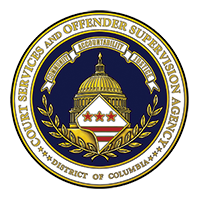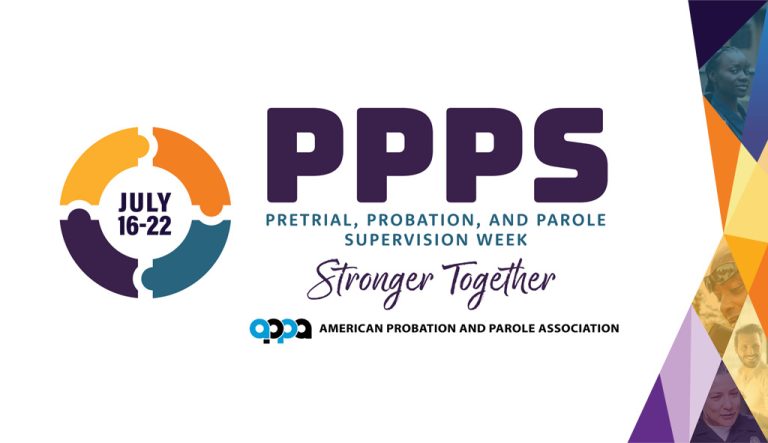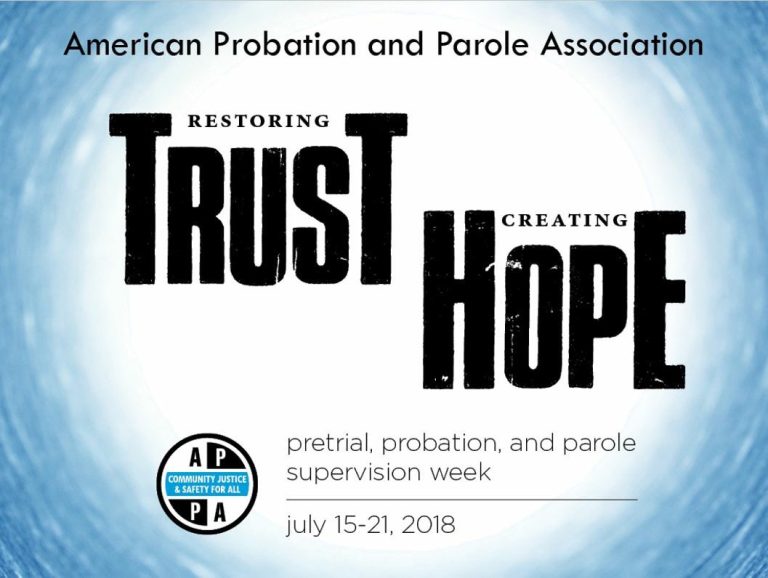New Supervision Data
[vc_row][vc_column][vc_column_text]The Court Services and Offender Supervision Agency (CSOSA) relies on data in order to provide evidence-informed and evidence-based supervision to justice-involved individuals in the community. These data are integral to measuring our progress towards our strategic goals. Specifically, working to reduce recidivism by targeting criminogenic risk and needs using innovative and evidence-based strategies; integrating offenders into the community by connecting them with resources and interventions; strengthening and promoting accountability by ensuring offender compliance and cultivating a culture of continuous measurement and improvement; and supporting the fair administration of justice by providing timely and accurate information to criminal justice decision makers.
Take a closer look at our factsheets (recently updated with fiscal year 2019 data) to learn more about the agency, the demographics of our supervised population, the criminogenic and stabilization needs of those we supervise, and the various types of community supervision.[/vc_column_text][/vc_column][/vc_row][vc_row][vc_column][mk_padding_divider size=”20″][/vc_column][/vc_row][vc_row][vc_column][/vc_column][/vc_row]







